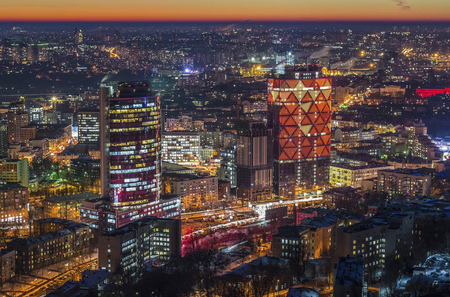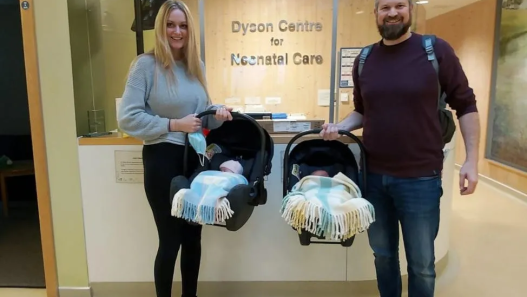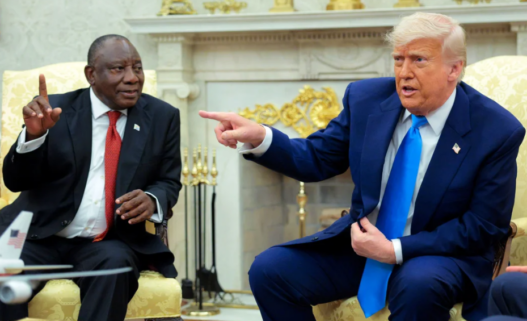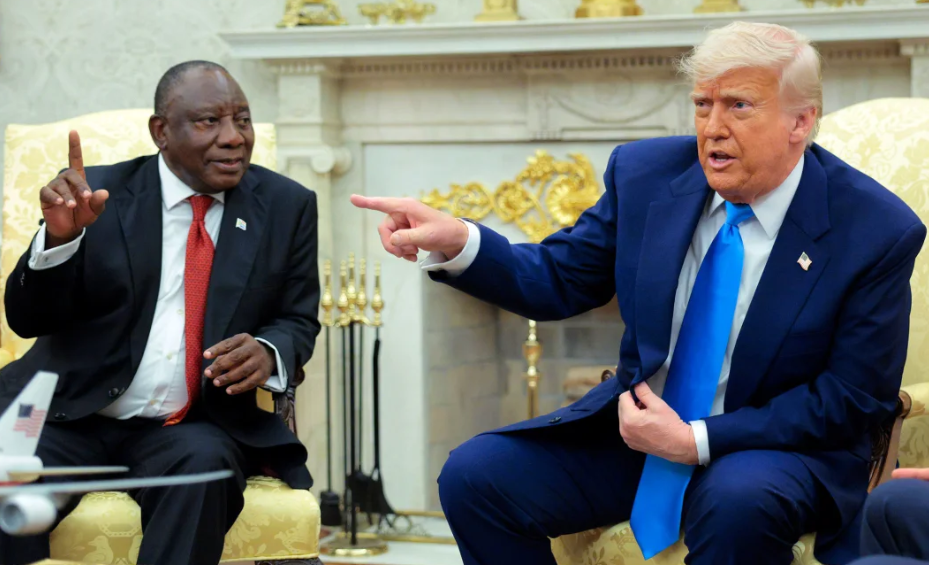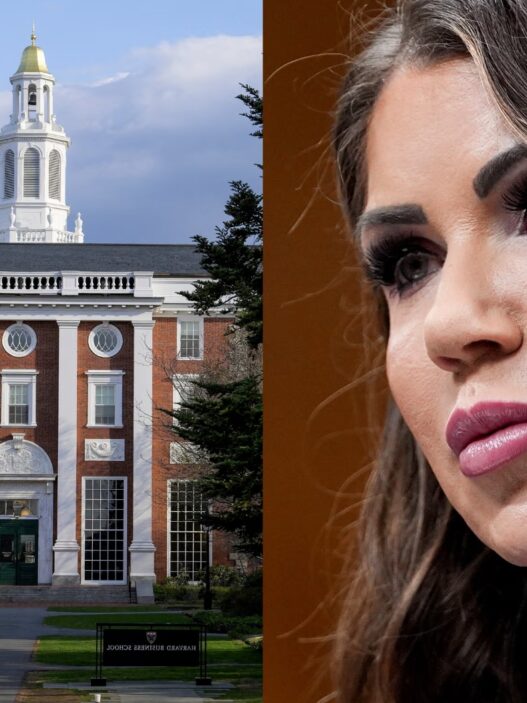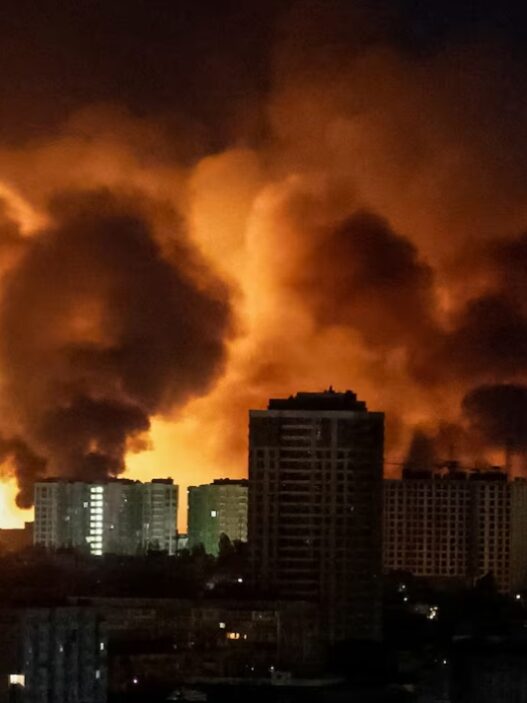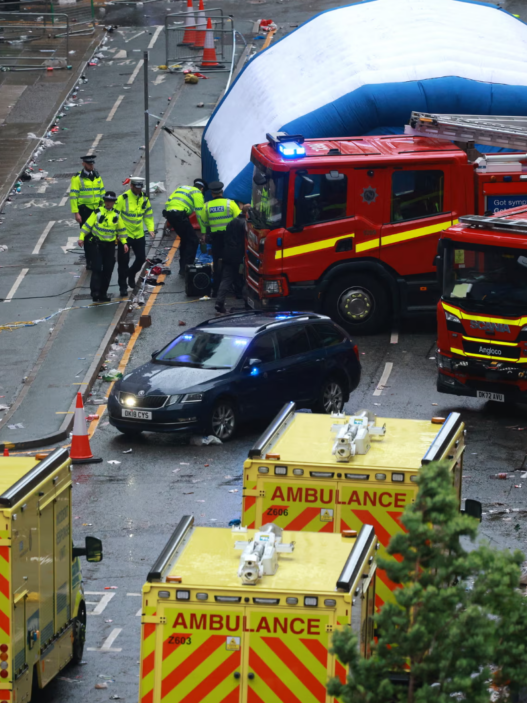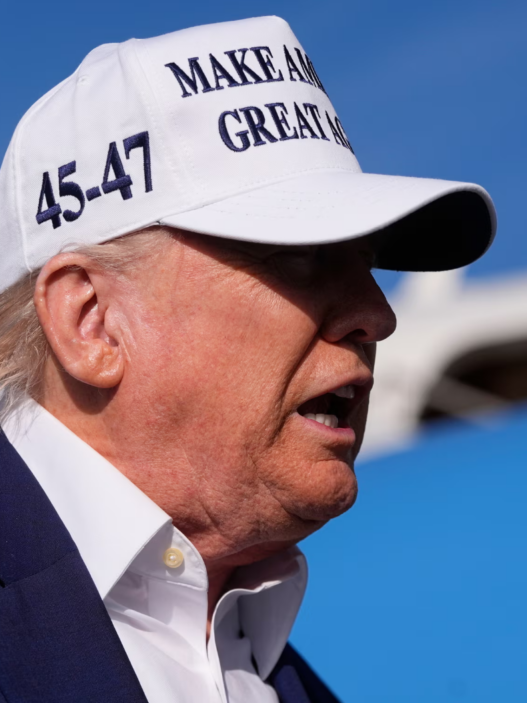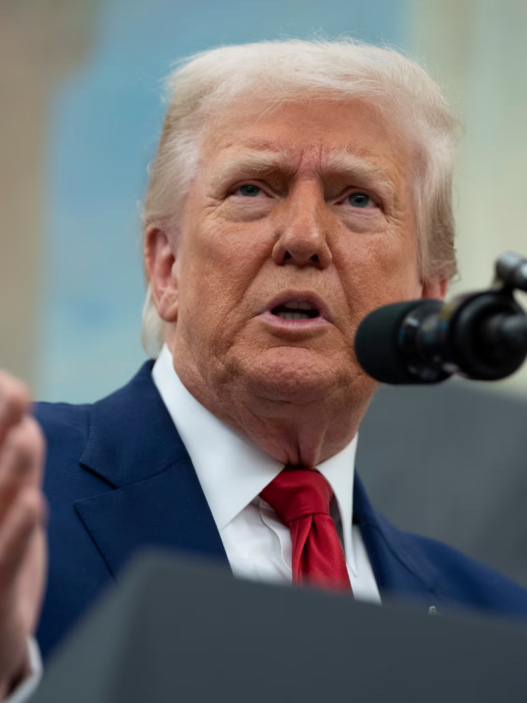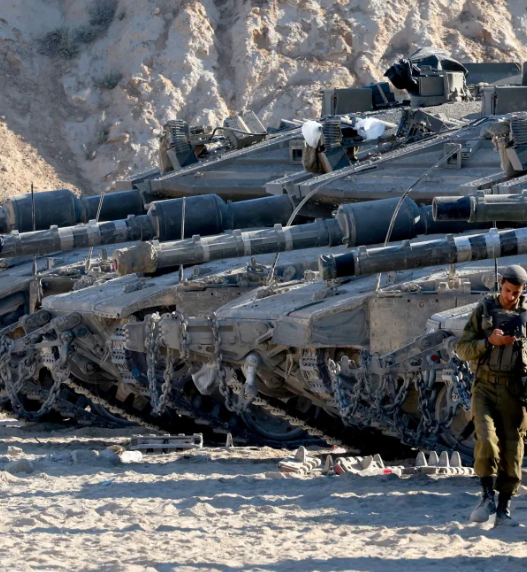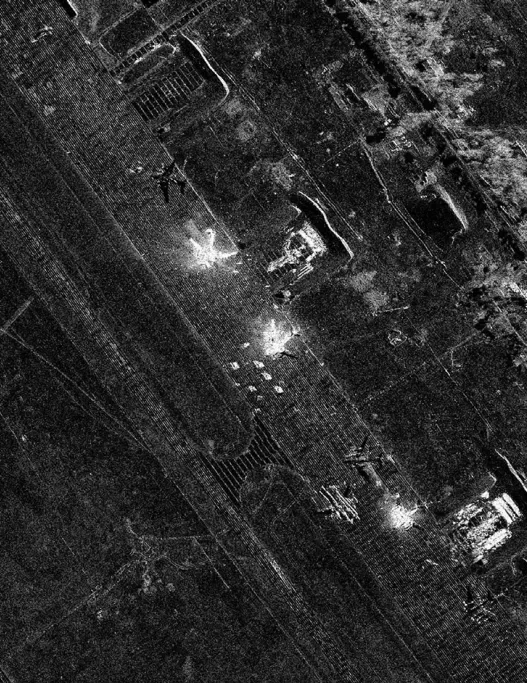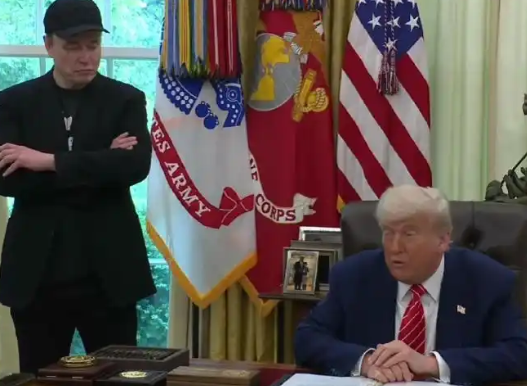In a tense Oval Office encounter, former U.S. President Donald Trump surprised South African President Cyril Ramaphosa by playing a video. Trump falsely claimed it proved that white people were being subjected to genocide in South Africa, which he described as “the opposite of apartheid.”
Ramaphosa, who had arrived in Washington, D.C. hoping to “reset” relations between the two countries, remained composed. He suggested they “talk about it very calmly.”
Trump Revives Old Allegations Against South Africa
Trump has long supported the idea that Afrikaners—descendants of mainly Dutch colonists who once ruled South Africa—are being persecuted. However, South African authorities deny this. Crime rates are high, but the vast majority of murder victims are Black South Africans.
The meeting began lightheartedly, with jokes about golf. But tensions rose when Ramaphosa stated clearly: “There is no genocide against Afrikaners.”
Trump responded, “We have thousands of stories talking about it,” then instructed his team, “Turn the lights down and just put this on.”
The Video That Changed the Mood
Trump’s video featured former South African President Jacob Zuma and opposition leader Julius Malema singing Kill the Boer, an apartheid-era struggle song. The term “Boer” refers to white Afrikaner farmers. Supporters could be seen dancing in the footage.
Sitting next to Trump, Ramaphosa smiled politely and looked at the large screen. Also present were Trump allies such as Elon Musk, Senator J.D. Vance, Fox News host Pete Hegseth, and diplomats from both countries.
Ramaphosa responded calmly, stating that the views in the video did not reflect government policy.
White Crosses and Headlines
The video also included images that Trump claimed showed the graves of over 1,000 white farmers. These were marked with white crosses. Ramaphosa, watching attentively, said he had not seen that footage before and wanted to learn more about the location.
Trump then brought out a stack of newspaper clippings that allegedly reported recent killings in South Africa. Reading some headlines, he declared: “Death, death, death—horrible death.”
Ramaphosa acknowledged the presence of crime but emphasized that most victims were Black. Trump interrupted: “The farmers are not Black.”
A Long-Running Conspiracy Theory
The idea of a so-called “white genocide” has been promoted by far-right groups for years. It’s been amplified by figures like Elon Musk and conservative media host Tucker Carlson.
Trump returned to the topic repeatedly. “Apartheid was terrible. It was the biggest threat and always reported,” he said. “But what’s happening now is never reported. We’re being flooded with people—white farmers from South Africa—and it’s a big problem.”
He continued, “They’re white farmers fleeing South Africa. It’s sad. But I hope we can have an explanation, because I know you don’t want that.”
Ramaphosa Holds His Ground
Despite Trump’s dramatic claims, Ramaphosa remained calm and diplomatic. He quoted Nelson Mandela: “Whenever there are problems, people need to sit down around the table and talk.”
Just days before the meeting, about 50 Afrikaners had arrived in the U.S., reportedly responding to Trump’s offer of “refuge.” This came despite the Trump administration restricting asylum from many other parts of the world.
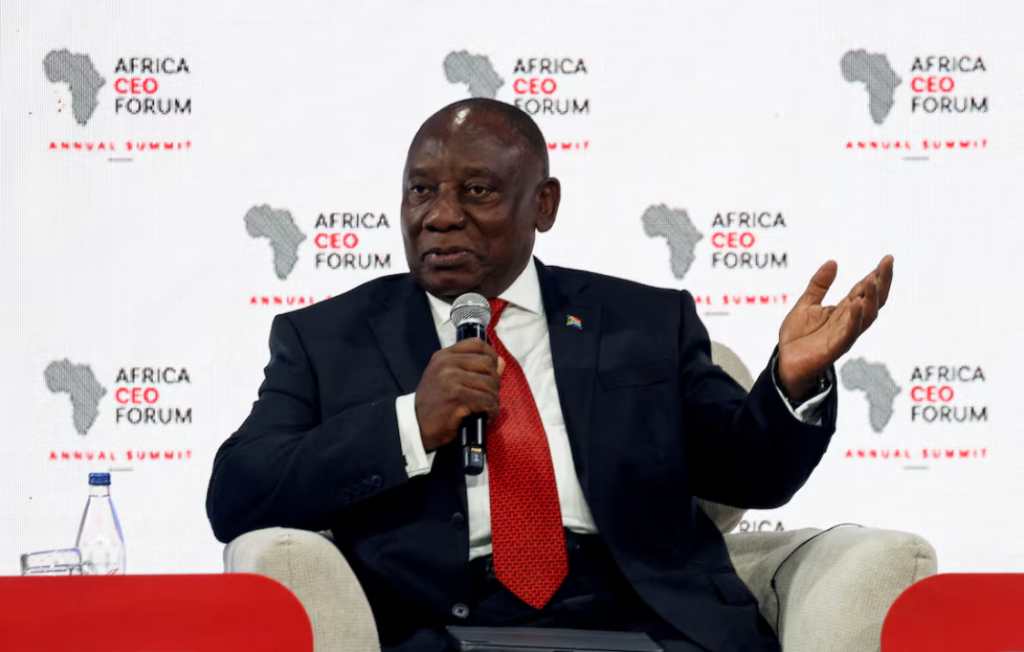
Diplomatic Relations at a Low Point
U.S.–South Africa relations are at their weakest since apartheid ended in 1994. The U.S. criticized South Africa’s case against Israel at the International Court of Justice. It also reduced aid, imposed 31% tariffs, and expelled South Africa’s ambassador for criticizing Trump’s “Make America Great Again” movement.
The most controversial issue remains a South African law on land expropriation signed in January. The law aims to fix historic injustices by redistributing land from the white minority. Ramaphosa clarified that the law does not allow arbitrary seizures and that it upholds constitutional rights for all citizens.
Trump disagreed. “You do allow them to take land,” he said. “And then they kill the white farmer. And nothing happens to them. They’re being executed. And they happen to be white.”
Outrage and Criticism
NAACP President Derrick Johnson condemned the meeting. “There’s no limit to how far Donald Trump will go to divide people by race,” he said. “It’s disgusting to hear the President of the United States promote lies and propaganda in the Oval Office. It’s shameful and appalling.”
Ramaphosa was accompanied by Agriculture Minister John Steenhuisen, two top golfers—Ernie Els and Retief Goosen—and South Africa’s richest person, Johann Rupert. They all spoke during the meeting and appeared well received by Trump.
Rupert said the country needs technological help to fight crime. “It’s not just white farmers dying. We have too many deaths across the board. We need Starlink at every little police station. We need drones,” he explained.
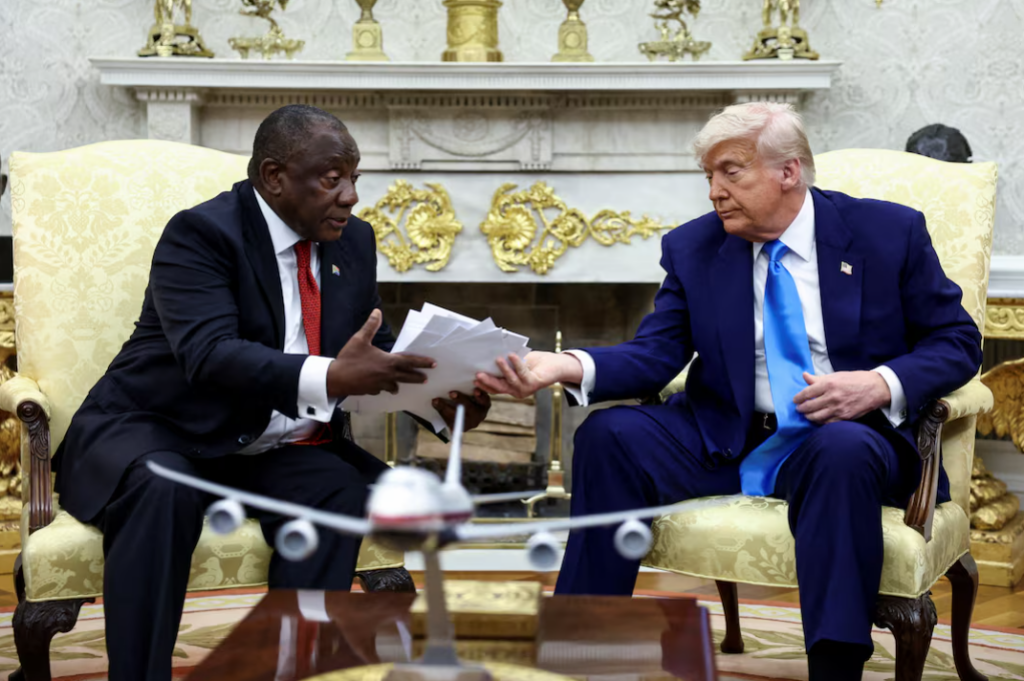
A Diplomatic Resolution?
Later, away from cameras, Trump and Ramaphosa shared a private lunch with Musk. At a press conference afterward, Ramaphosa declared the visit a success in terms of trade and investment. He also rejected the notion that today’s South Africa could be compared to the apartheid era.
“There’s no genocide in South Africa,” he said. “Sometimes the shape of the mountain depends on the direction you view it. But this cannot be equated to the struggle we went through. Then, people were killed due to oppression. That is not what’s happening now.”
Despite everything, Ramaphosa believed Trump might still be open to the truth. “One of you asked whether he was convinced there was genocide. He said he still isn’t,” Ramaphosa told reporters. “Even though he showed the video and all the articles, I believe he has doubts and disbelief in his head.”





